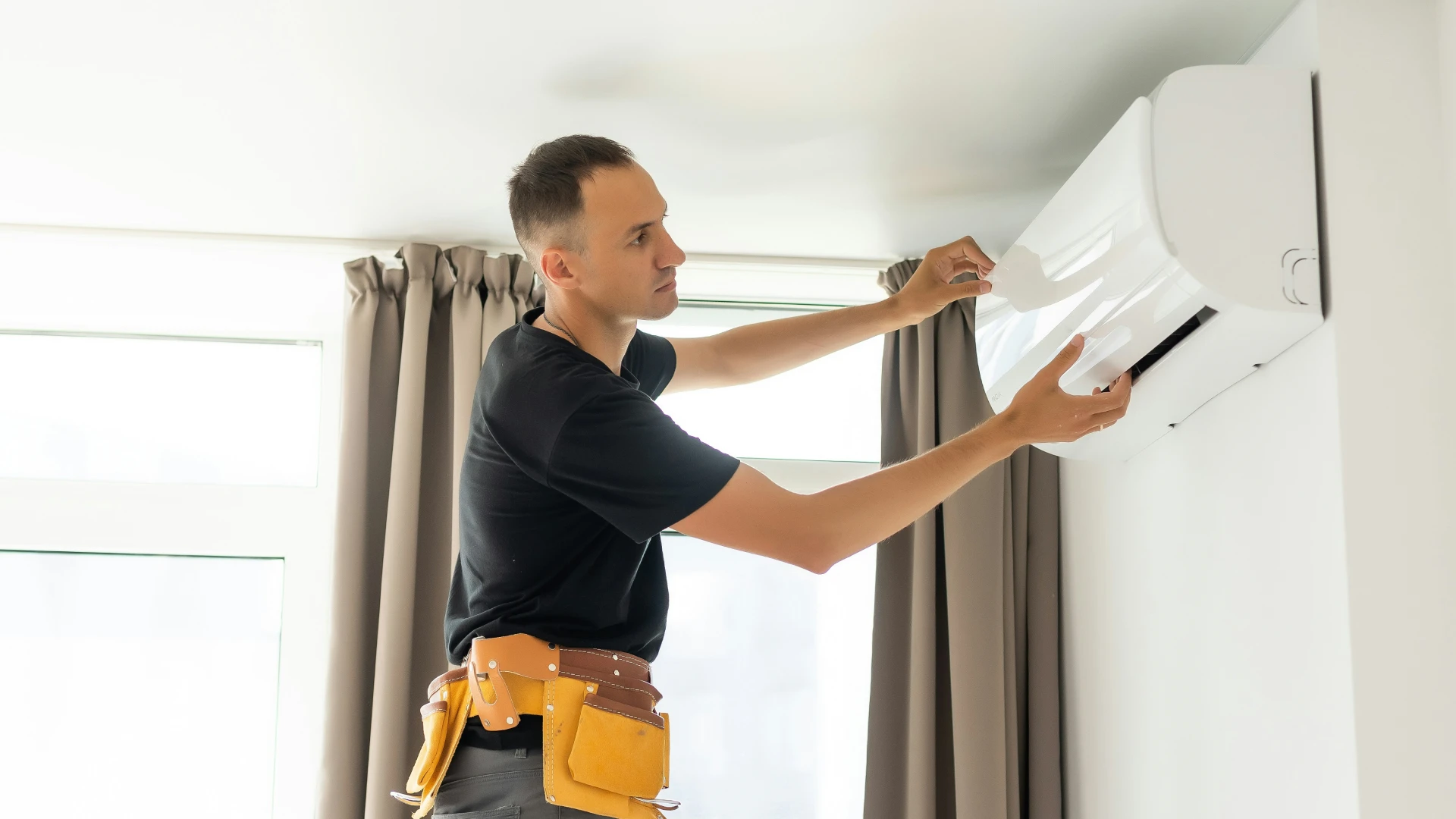

HVAC technician insurance is designed to protect heating, ventilation, and air conditioning professionals from the real-world risks they face every day on the job. From property damage to jobsite injuries to damaged tools, the right insurance policy can shield your business from costly surprises.
Whether you're a solo tech, part of a growing team, or subcontracting for commercial projects, insurance coverage helps you stay compliant, win better jobs, and protect what you've built.
Costs vary based on your experience, location, coverage limits, and services offered (residential vs. commercial). But here are some ballpark figures to keep in mind:
If you work in high-density urban areas or regularly handle large systems, premiums may trend higher due to elevated risk and equipment value.
Yes. Most states and job sites require proof of insurance before you can legally work or secure contracts. At a minimum, liability coverage protects you in case a client’s property is damaged or someone gets injured due to your work.
Commercial clients, landlords, and GC partnerships almost always demand a Certificate of Insurance (COI). Without one, you’re likely to be skipped over—even if your quote is competitive.
Here are the core coverages most HVAC businesses should consider:
Depending on your size and contracts, you might also consider:
Make sure your policy reflects your actual work—from crawlspaces to rooftop installs.
Insurance gives you peace of mind to keep working—without risking your business.
If you touch climate systems for a living, you should have protection in place.

